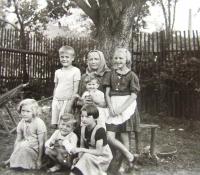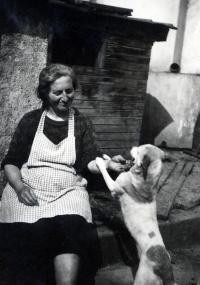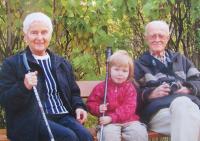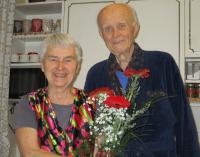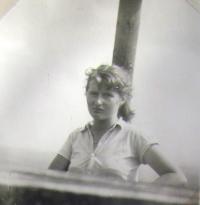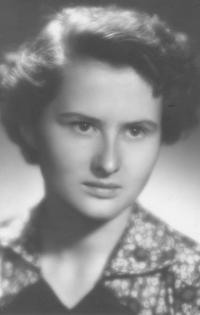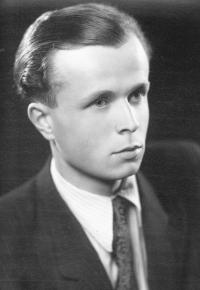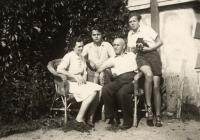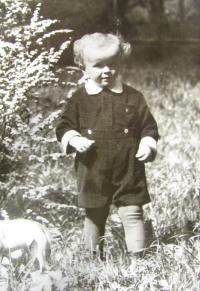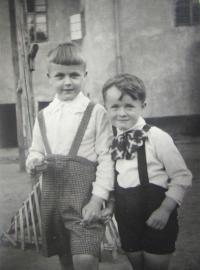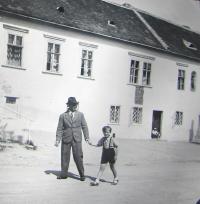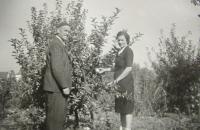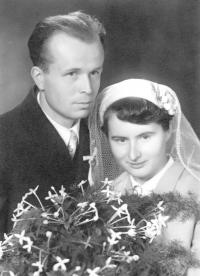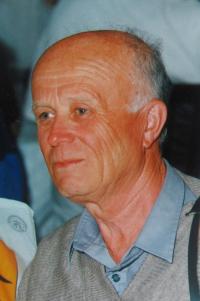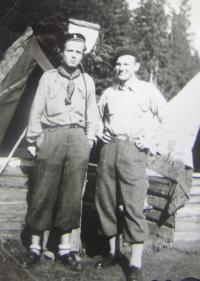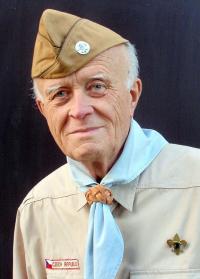To be a true Scout
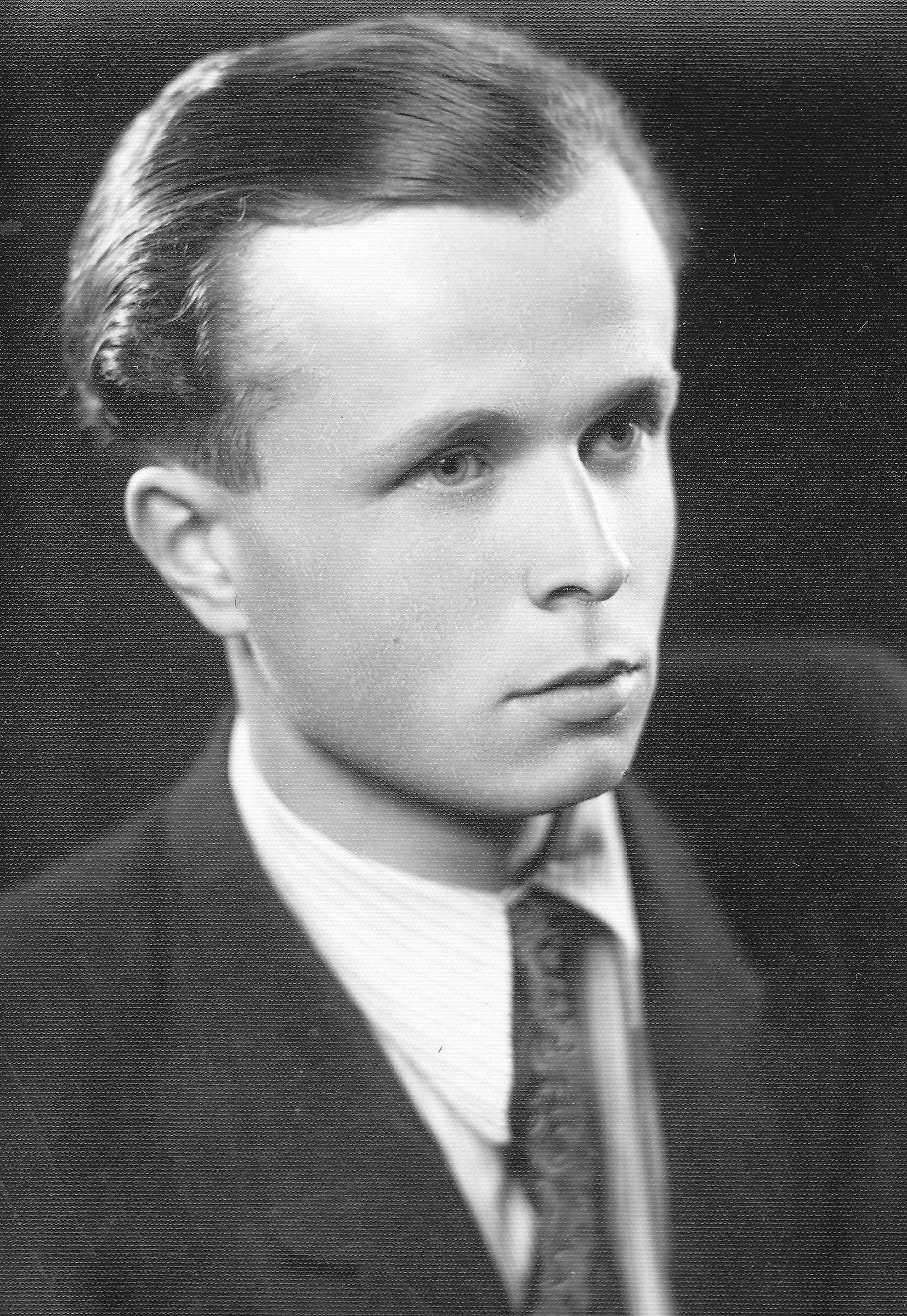
Download image
Zdeněk Fetišek Navrátil was born in Ivančice on February 28, 1932. He was actively involved during the first, the second as well as the third restoration of Junák (the Czech Boy Scout organization - transl.’s note) . Already while he was a grammar school student, he faced problems due to his Christian faith and his involvement in Scouting, with which he started after the end of the war in 1945. During the political purges in the 1950s he was fired from his job as politically unreliable and although he had a degree in engineering, he was sent to do manual work. His sons bore the consequences of his negative personal-political profile as well. At present he lives in Ivančice and he enjoys his children and grandchildren.
